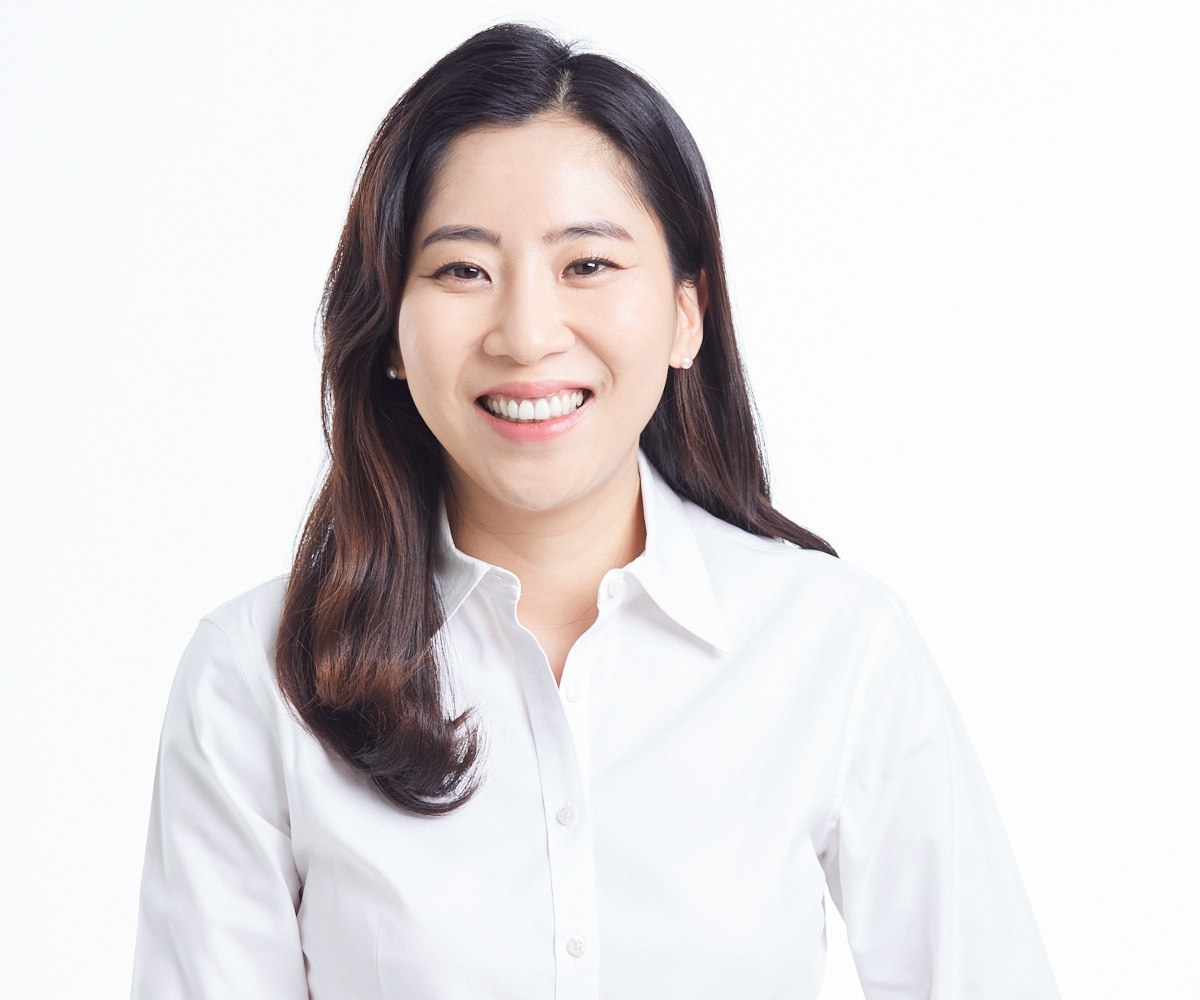More homegrown late-stage venture capital investing is crucial to spurring South Korean startups to be able to scale up and innovative for job creation and economic development, which will ultimately lead to a windfall for investors, head of Seoul-based unicorn Kurly said Thursday.
“Once a startup achieves a scale-up at a certain point, the value it can create is immense,” Sophie Kim, founder and chief executive officer, said during KDB Nextround 500, a special investor relation event hosted by the state-run lender Korea Development Bank at its headquarters in Seoul.
“If Korean growth capital investors extend a helping hand in the Korean firms’ scale-up stage, the domestic startup ecosystem will thrive and their investment will come to fruition in return, which is essential.”
Kurly is a door-to-door daybreak delivery service provider, known for their e-commerce platform “Market Kurly,” which earlier this year fetched $200 million in a series F funding at $2.2 billion in enterprise valuation.
Before reaching the unicorn valuation -- perceived to be at least $1 billion -- its previous late-stage rounds of funding from series C since 2018 were all led by foreign backers, such as Sequoia Capital China, DST Global, Aspex Management and Hillhouse Capital.
While Kurly‘s growth capital -- referring to the minority investment in relatively mature startups -- mainly stemmed from overseas, its founder said the time is ripe for Korean investors to bet on the future that domestic startup entrepreneurs envision.
“Foreign investors made their decision to invest (in Kurly) because they were able to foresee the same future that we had envisioned,” said the consultant-turned-entrepreneur who founded Kurly in 2014.
“At the moment of the fundraising, Kurly was working with dozens of vendors, but the speed of growth in building data and developing new technology were foreseen to be exponential if Kurly would be partnering with thousands of vendors. ... In the long run, I hope Korean growth capital would also play the similar role someday.”
The remarks came as Kim was delivering a keynote speech at the KDB-led investor relation event, marking the 500th of its kind in five years. KDB Nextround has injected a combined 3.1 trillion won ($2.6 billion) in over 430 startups in Korea, according to KDB.
Kim said the state-run lender’s participation in Kurly‘s early-stage venture financing and debt financing allowed the startup to survive its critical initial phase, referring to the bygone days as a “death valley curve.”
Moreover, KDB went to great lengths to support the Korean startup, Kim added. The state-run lender had financed a project to build its second automated fulfillment center in Gimpo, Gyeonggi Province, which began operations in March. It also extended a credit line to its vendors, Kim added.
This, along with the foreign investor-backed funding rounds, helped Kurly build the artificial intelligence-powered model to predict a daily catch of fresh produce that it can provide without leftovers, so that the platform connects mom-and-pop grocery vendors with urban customers with higher efficiency.
During the event, Kim told the audience that it was looking to attract new capital, with an initial public offering being one of its options, in order to create a system to supply its 2,000 venders with the data set. Kim said Kurly has contributed to creating some 85,000 jobs.
Kurly generated $845 million in revenue in 2020, up 124 percent from the previous year. It is the fifth-largest unicorn based in Korea by valuation as of September, according to capital market information tracker CB Insights.
Meanwhile, Korea has seen mature startups, such as Coupang, Woowa Brothers and Krafton, exit from unicorn status following proposed IPOs, mergers or acquisition deals.
By Son Ji-hyoung (
consnow@heraldcorp.com)








